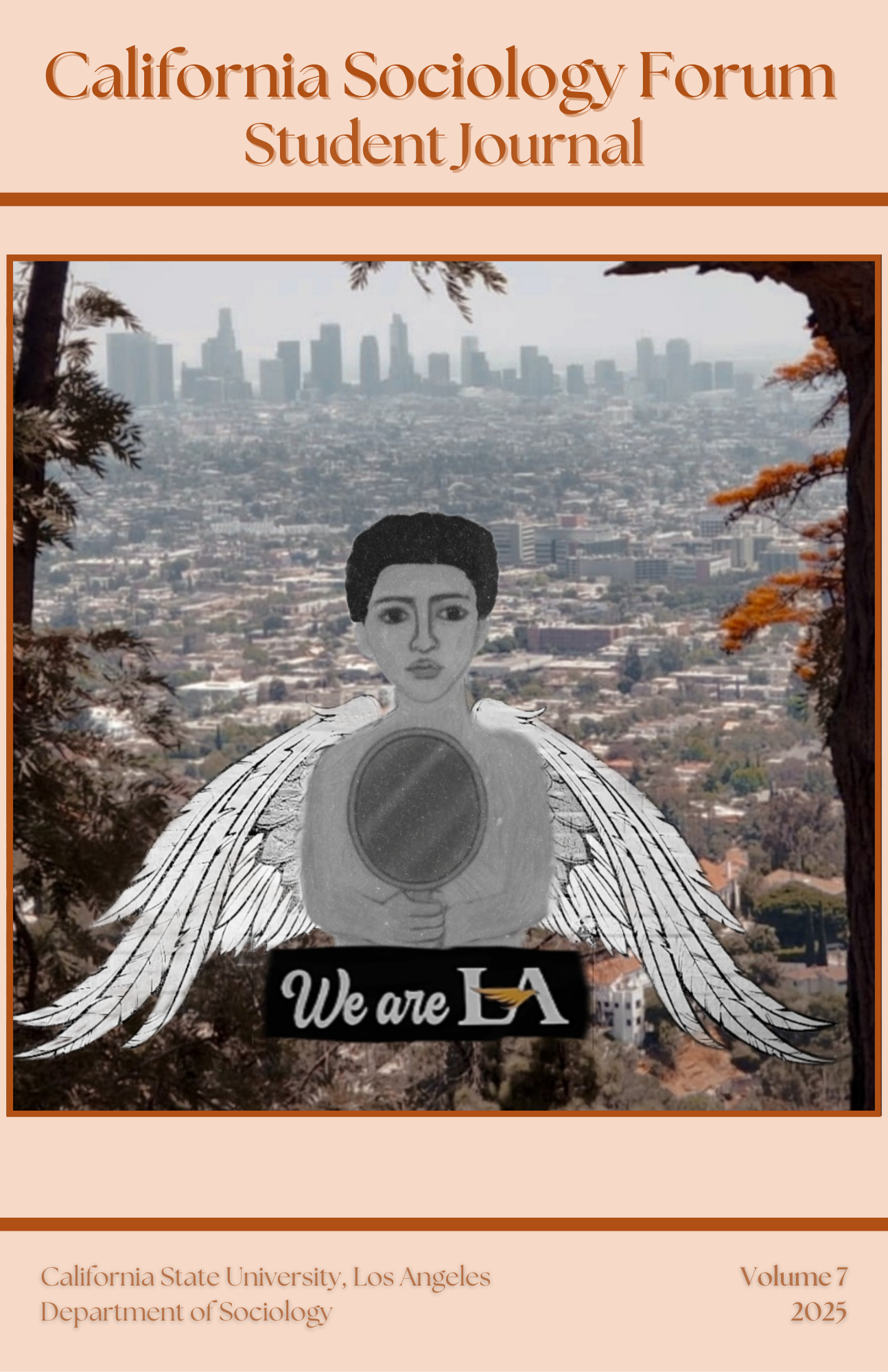The Long-Term Effects of Child Physical Abuse
Abstract
This paper explores the lasting effects of childhood physical abuse (or CPA), with a specific focus on its role in perpetuating chronic pain, intergenerational cycles of abuse, and mental health deterioration. CPA continues to be a significant societal issue, with long-term repercussions extending beyond the immediate physical harm experienced by victims. Victims of CPA are more likely to develop medical issues in adulthood, including chronic pain and neurological changes that exacerbate mental health disorders such as anxiety, depression, and suicidal ideation. Additionally, CPA can contribute to heightened emotional sensitivity and disruption of emotional regulation, which can increase the likelihood of victims perpetuating abusive behaviors in adulthood. While education and therapeutic interventions are shown to mitigate some adverse effects of CPA, challenges in accessibility remain. Through an interdisciplinary approach, incorporating literature review and personal reflections, this paper highlights the interconnected physical, emotional, and societal consequences of CPA. By fostering awareness and improving intervention strategies, this paper advocates for continued discourse and systemic change in addressing the needs of victims.

